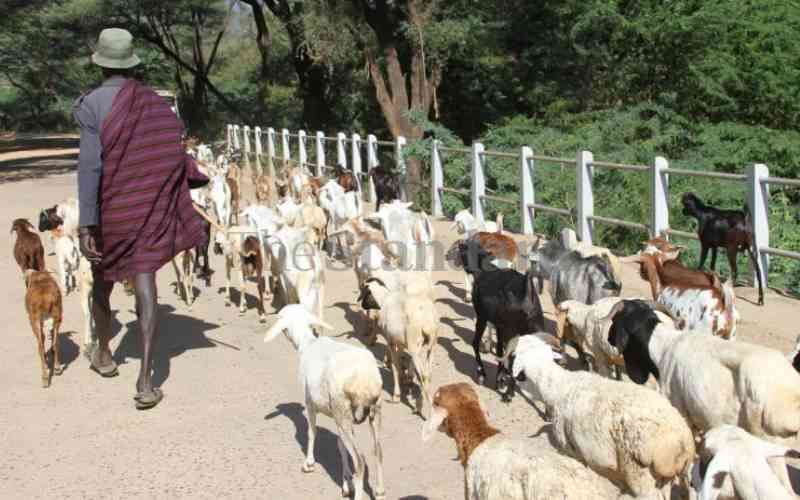×
The Standard e-Paper
Read Offline Anywhere

Audio By Vocalize

Drought has forced pastoralists in some parts of Turkana County to cross over to neighbouring Uganda in search of pasture.
This is despite President Yoweri Museveni's order last year that herders vacate the Karamoja sub-region.